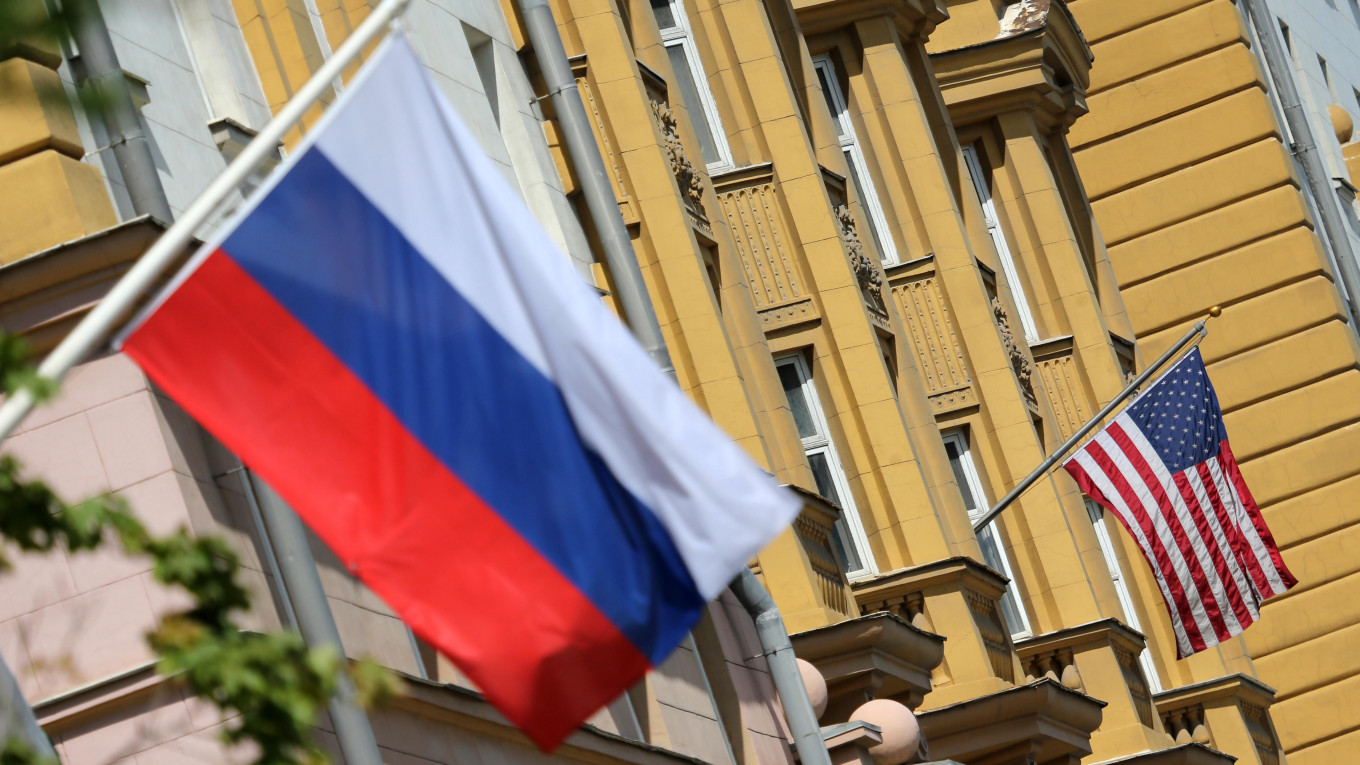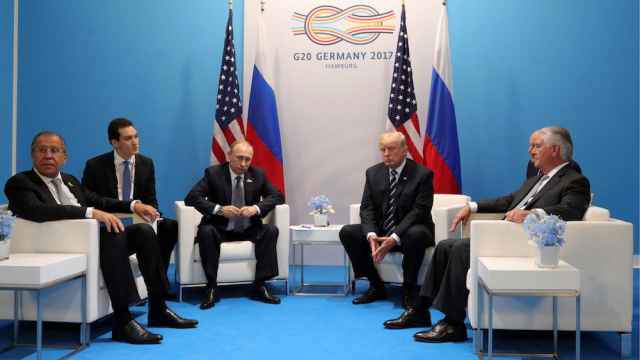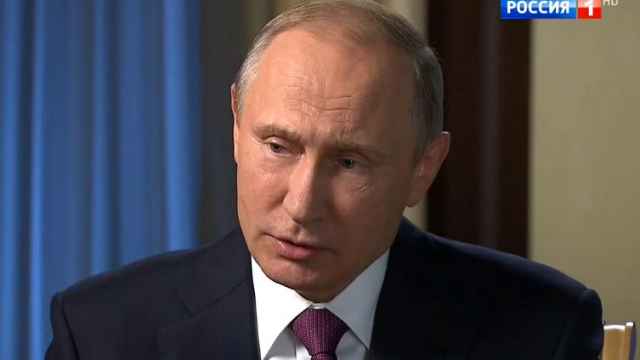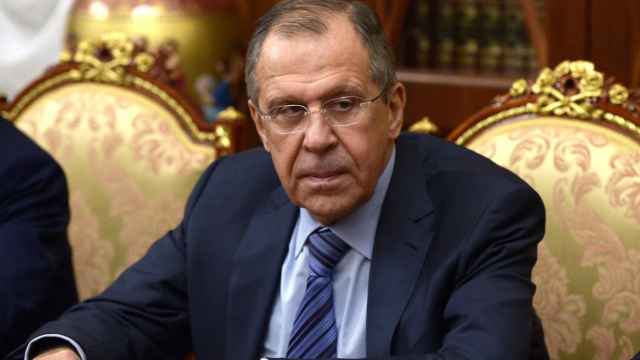In response to fresh sanctions proposed by the U.S. Congress, Russia has ordered the U.S. to slash its diplomatic staff in Russia by hundreds of people.
Amid reports that this will dramatically increase wait times for visa processing, the RBC news outlet on Monday published an overview of what the measure means for the people involved and the workings of the embassy.
Here's what you need to know.
How many people?
Currently, there are around 1210 U.S. diplomatic employees in Russia, RBC estimates.
By the fall, this number will have to be reduced to 455, to match the number of Russian diplomatic staff in the U.S. That means around 755 people will lose their jobs.
The Russians who are laid off will have difficulty finding other employment, RBC cited a former unidentified embassy employee as saying.
“The Americans will be given other jobs, but the Russians will remain unemployed,” the source was cited as saying. “Even those who voluntarily resign from the embassy have traditionally found it difficult to find employment at Russian state agencies.”
How the layoffs will take place
According to three unidentified sources cited by RBC, there has been no announcement yet at the U.S. Embassy itself about staff cuts.
The deputy head of the Russia's International Affairs Council, Andrei Kortunov, said Russia has not provided a list of names of people to be fired. That would mean it is up to the U.S. Mission itself to decide who goes, and who stays.
RBC cites an employee at recruiting agency Kelly Services, Zhanna Volkova, as saying that contracts for employees at foreign government agencies, such as consulates and embassies, are rooted in domestic labor laws.
But, such embassies enjoy diplomatic immunity, meaning employees could be laid off without being given compensation. That decision would then be impossible to contest in court, the outlet cites Volkova as saying.
According to an unidentified source cited by RBC, most Russian employees at the U.S. embassy have Russian contracts.
The workings of the embassy
On the American side, most seem to agree that the layoffs will impact the workings of the embassy.
Before the new measures, wait times for interviews at the Moscow Embassy were between 38 and 50 calendar days. In St. Petersburg the period was shorter, between 17 and 21 days, and in Yekaterinburg between 2 and 7 calendar days, RBC says.
According to Michael McFaul, Ambassador to Russia under the Obama administration, wait times will “increase dramatically.”
In comments to The Moscow Times, the U.S. Embassy in Moscow said it was “too early” to say how the measures would affect processing times. “It’s certainly possible that it could reduce [consular operations,]” the embassy said.
What's next?
There is, however, a chance that such a slowdown in processing times will lead to further retaliation on the Russian side.
If the U.S. side will “demonstratively cut positions that are vital for the daily operations [of the embassy] and which will lead to real problems in bilateral workings this will be a choice on the American side, but it will be real sabotage,” Konstantin Kosachyov, the head of the Federation Council’s international affairs committee, was cited as saying by RBC.
Already, Moscow has suggested that might trigger a response.
“Obviously, if such a slowdown in [the issuing of] visas takes place, the reasons would have nothing to do with staff cuts. So Russia is ready to take reciprocal diplomatic measures,” Igor Morozov, a member of the Federation Council’s International Affairs Committee, was cited Tuesday as saying by the state-run RIA news agency.
“As is customary in diplomatic practice, the period for issuing Russian visas to Americans will also be increased.”
A Message from The Moscow Times:
Dear readers,
We are facing unprecedented challenges. Russia's Prosecutor General's Office has designated The Moscow Times as an "undesirable" organization, criminalizing our work and putting our staff at risk of prosecution. This follows our earlier unjust labeling as a "foreign agent."
These actions are direct attempts to silence independent journalism in Russia. The authorities claim our work "discredits the decisions of the Russian leadership." We see things differently: we strive to provide accurate, unbiased reporting on Russia.
We, the journalists of The Moscow Times, refuse to be silenced. But to continue our work, we need your help.
Your support, no matter how small, makes a world of difference. If you can, please support us monthly starting from just $2. It's quick to set up, and every contribution makes a significant impact.
By supporting The Moscow Times, you're defending open, independent journalism in the face of repression. Thank you for standing with us.
Remind me later.






